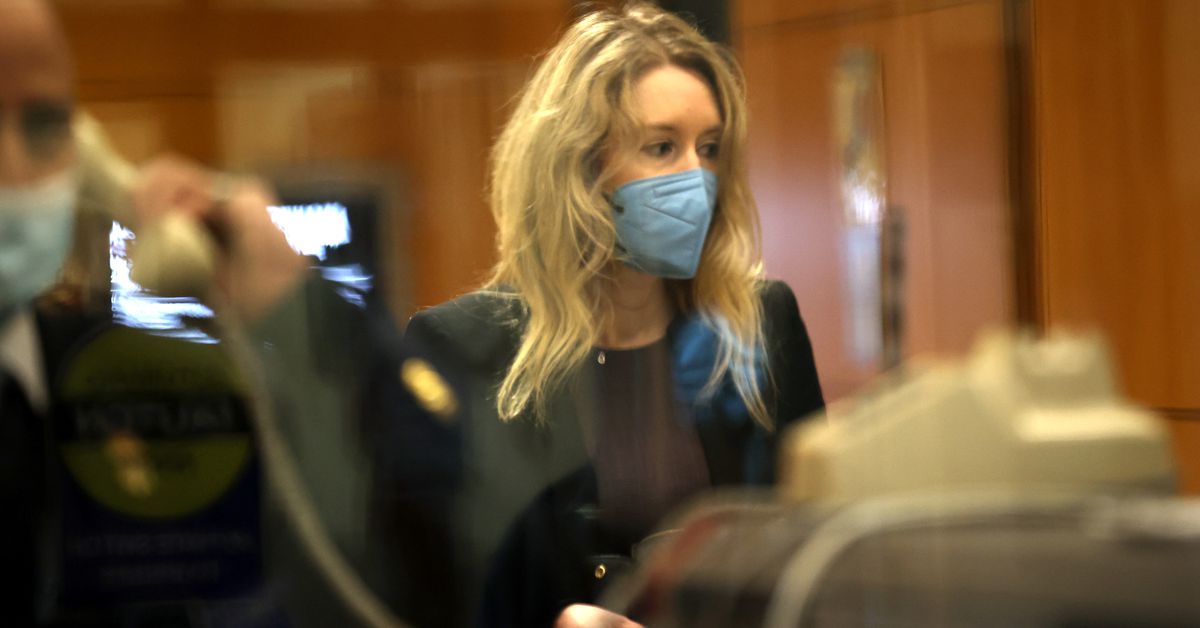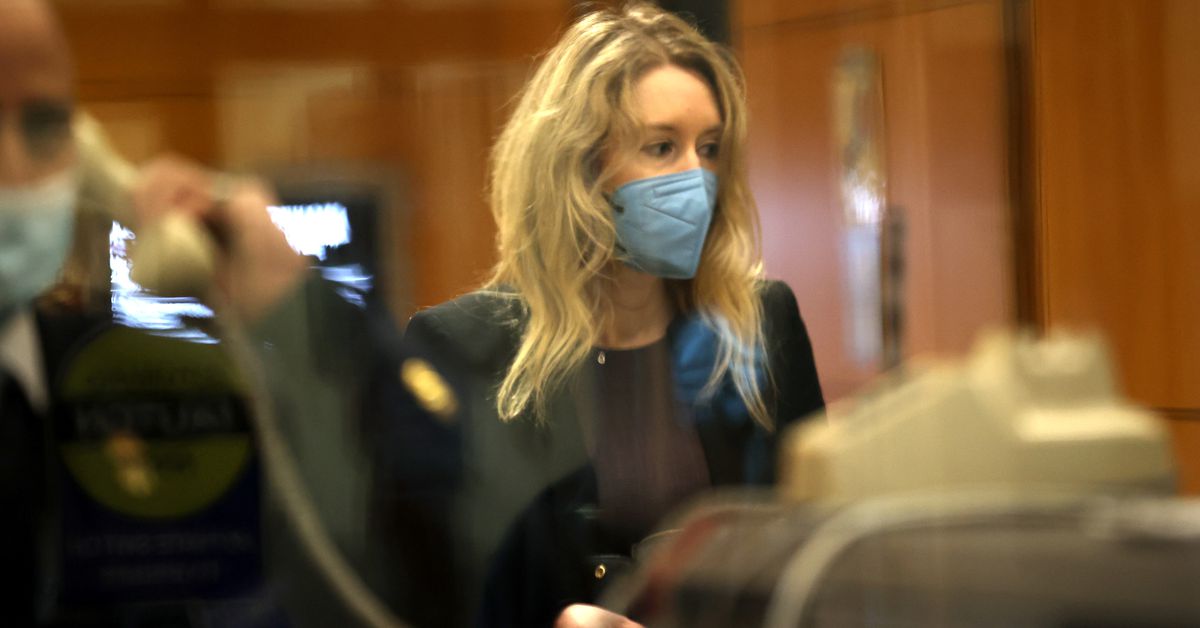
Today, we had the first direct link between the problems in Theranos’ labs and Elizabeth Holmes. Former manager of assay systems Surekha Gangakhedkar’s job was preparing blood tests for use in patients. The system was unreliable; describing herself as “stressed and unhappy and concerned with the way the launch was going,” Gangakhedkar quit.
Gangakhedkar met with Holmes to explain why she was resigning: she didn’t think the Edisons were good enough for patient use. Holmes told her Theranos had “promised to deliver to the customers and didn’t have much of a choice,” except to go ahead with the launch, Gangakhedkar testified.
“I was worried about the launch.”
Holmes, who is standing trial for wire fraud and conspiracy to commit wire fraud, hadn’t been directly linked to lab inadequacies in the testimony from the two previous witnesses. But Holmes was hands-on when it came to the R&D lab, even emailing Gangakhedkar at 1AM to ask how the validation testing was going.
When Gangakhedkar quit, she printed out and saved email correspondence because “I was worried about the launch,” she said. “I was scared that things would not go well, and I was also worried that I would be blamed.” This was a direct violation of the non-disclosure agreement she’d signed.
Gangakhedkar’s account corroborated that of whistleblower Erika Cheung. Earlier this week, Cheung testified that secrecy was the norm at Theranos, and that she was discouraged even from listing the company on her LinkedIn page. “There was generally guidance not to share” outside of one’s immediate group, Gangakhedkar said.
She found that frustrating. The secrecy meant she couldn’t communicate directly with the hardware team about the problems she was experiencing with the machines. The instructions to keep things secret came either from Holmes or her co-defendant Sunny Balwani, who is being tried separately.
“Please note the software team was here til 3:07AM — and is already here now at 10AM.”
We saw rather a lot of emails actually from Holmes or with her in the chain during Gangakhedkar’s direct testimony. Holmes gave specific instructions to Gangakhedkar’s team about work priorities, and checked in to see how the tests she wanted validated were doing. One of those emails came at 1:14AM on a Saturday.
It seems late hours were the norm; another email from Balwani, with Holmes cc’d, suggested Gangakhedkar’s team wasn’t working hard enough. “Please note the software team was here til 3:07AM — and is already here now at 10AM,” he wrote. He then scolded Gangakhedkar’s team for leaving machines idle in the evenings.
The pressure and secrecy made Gangakhedkar uncomfortable. The Edison 3.0 and 3.5 devices weren’t reliable, she said. She went on vacation in August 2013, and when she came back, she found — to her surprise — that those machines would be used to test patient samples.
Another surprise was that they would be modifying others’ machines to use the smaller samples Theranos collected. Holmes pressured Gangakhedkar to approve tests so that they could move to the clinical lab.
In early September, she quit. And another member of her team resigned independently the same day; after accepting the team member’s resignation, Gangakhedkar told her she was quitting, too.
“We are launching no matter what.”
Both Cheung, who wrapped up her testimony today, and Gangakhedkar said there were significant quality control problems with the Edison devices. Whenever a device flunked QC, it had to be recalibrated, a process that could take more than 12 hours if everything went right. “We had people sleeping in the car because it was taking too long,” Cheung said. “Every few days you were running these samples over and over.”
Later in the day, Gangakhedkar said that one of the holdups in validating blood tests was that so few Edison machines were available. There “was a shortage,” she said, because they had to be recalibrated so often.
Among the emails Gangakhedkar printed, there was one from Theranos VP Daniel Young. Gangakhedkar emailed Holmes to say there was data missing from the server about tests on a version of the Edison devices. In response, Young wrote that the wrong cartridges had been used in those runs, and that he recommended repeating them.
That wasn’t true, Gangakhedkar said. And five days after the 1AM email she received from Holmes, she submitted her resignation.“It was difficult because the last eight years of working at Theranos I felt that I was going to make a difference,” Gangakhedkar said. It was a “huge letdown” that all her hard work was going to waste, she said.
But the message she got was “we are launching no matter what,” she testified. Gangakhedkar, who has immunity from prosecution for her testimony, will return to the stand next week.
